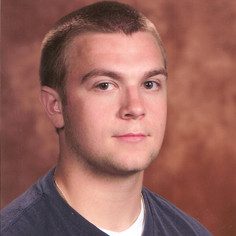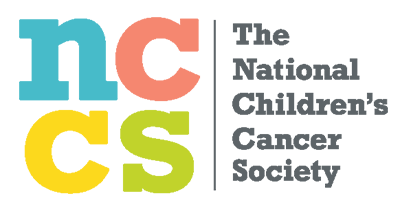
years awarded
The next spring and summer of my life were full of operations, chemotherapy, side-effects, transfusions, fear, confusion, anxiety-like most other pediatric cancer patients . But what blossomed out of that summer were invaluable skills and life lessons.
First was the importance of a positive outlook. No matter how bad you think you have it, someone else has it worse. There’s no more proof of that fact than the kids receiving treatment for chronic and life-threatening illnesses at pediatric hospitals! During my personal battle with cancer, I learned that I felt better when I had a “can-do” attitude. I suffered fewer complications from chemo, had more energy, and felt more confident when it came to accepting what, to me, were scary medical treatments.
Second, was the importance of being part of a community. Whether it be geographic, spiritual, interest, or diagnosis-based, community can help support you when you’re down, and instill confidence in you when you question yourself. I was lucky to live in a small town, where people rallied in support of me, raising money, coordinating prayer groups, sending me hand-made blankets and cards! My baseball team even shaved their heads as a sign of support! On a larger scale, the many families that knew me through travel ice hockey kept in touch with me through cards, letters and messages of hope. Mario Lemieux sent me a letter (during playoffs) telling me that, I, like him, would beat cancer! And from a completely different dimension, came the community of my fellow pediatric in-patient oncology peers and professionals. On good days (which unfortunately were limited), we could play video games together, watch movies or hang out. On bad days, we could offer one another words of encouragement. There’s a sense of self confidence that comes from being part of a bigger community that cares for and about each of its members.
My diagnosis and treatment also instilled in me the importance of living a healthy lifestyle. Most pediatric cancer patients haven’t done anything to “bring-on” cancer but have suffered the negative impacts of the disease. Why expose yourself to the risk is my question. All the cliches like “eat right and exercise” have intense meaning to me as a survivor. I stay away from sugar and junk foods, preferring instead fruits, vegetables, proteins and very limited carbohydrates . Exercise is and will always be a priority to me. And drugs? I refuse to take anything that could alter my cell structure and make me more susceptible to another type of cancer! Basically, eating well and exercising keeps me positive and energetic.
So when I think about how cancer has affected me, my life and future goals, my first response is that my approach to life has changed. I believe I am more resilient than the average 18-year old. When “problems” arise, I take them into stride, approach them rationally, and manage potential outcomes. I don’t sweat the small stuff. I shy away from drama; real drama isn’t much fun. I understand that anything worth having requires continuous, hard work. I’ve learned that you must kindly and respectfully ask for what you want or be prepared to settle for what you get. The pursuit of individual goals, in my opinion, is enhanced by personal relationships from a wide range of sources. I understand that no one has all the answers but most of the time, a person who really listens can provide comfort to an ailing body or soul. Hope, in my mind, is a pre-requisite to happiness; it keeps you motivated to realize your future. And finally, sometimes life comes at you unplanned so you must remain flexible and ready to accept new challenges.
As I enter my freshman year of college, I plan to study Political Science. My goal is to attend law school and eventually become a lobbyist and advocate for Pediatric Cancer, realizing of course, that there may be a different plan for me.
Thank you for the opportunity to share my story.
